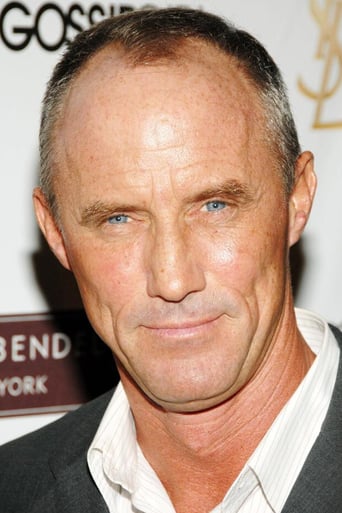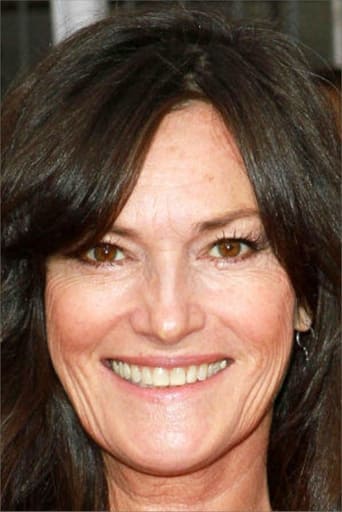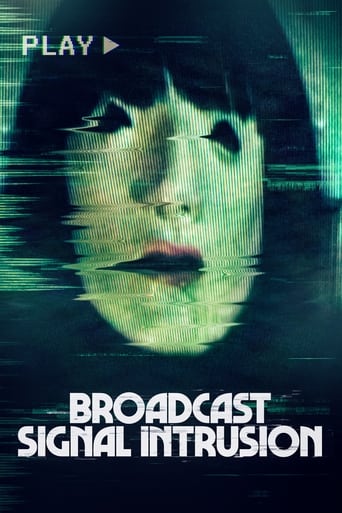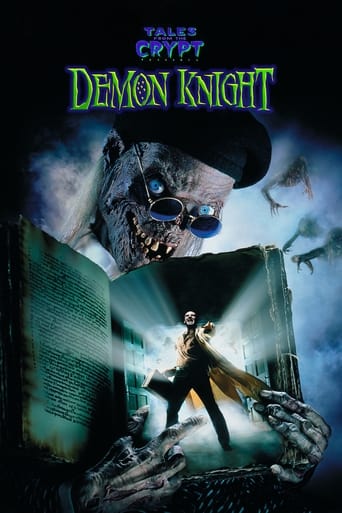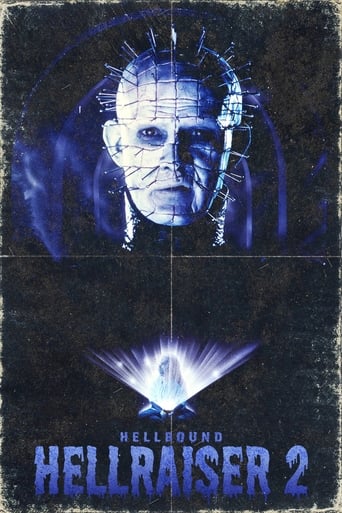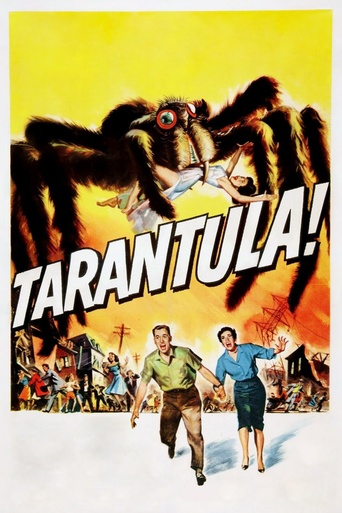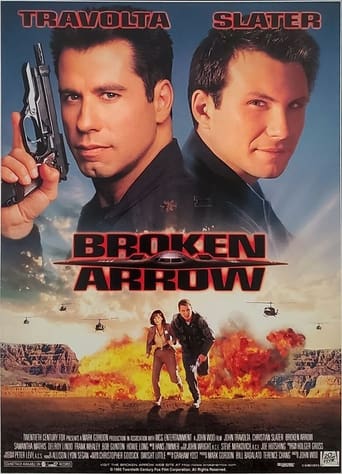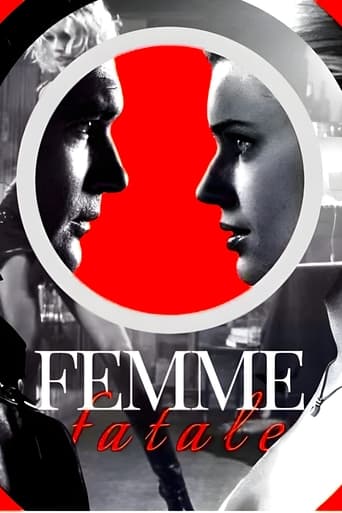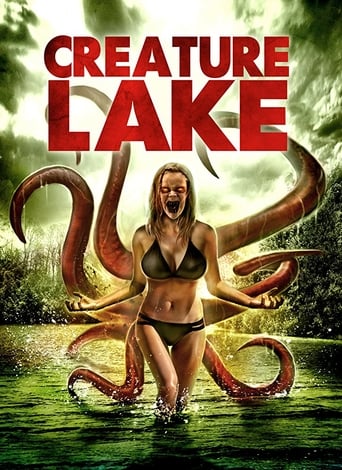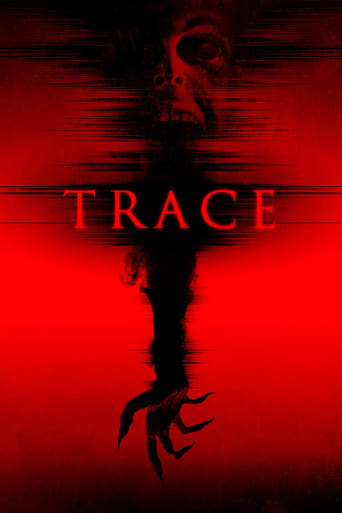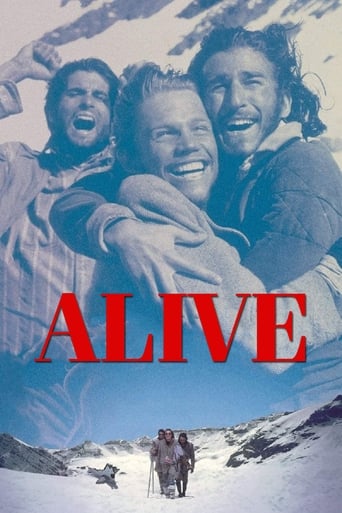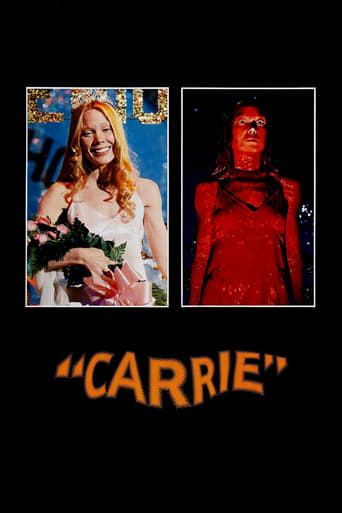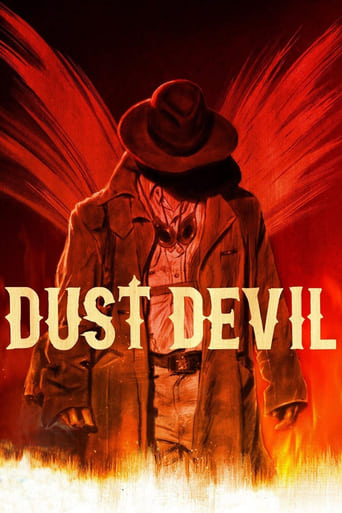
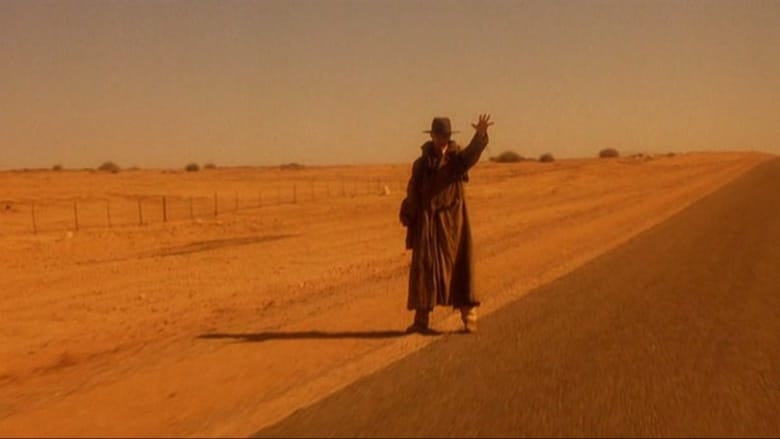
Dust Devil (1992)
A woman on the run from her abusive husband encounters a mysterious hitch-hiker.
Watch Trailer
Cast


Similar titles
Reviews
I've seen people recommending this movie for years... it turns up on many 'best horror' lists. For whatever reason, though, I'd never watched it. Partially because of the cover image I think, it just didn't grab me. Anyway, I finally broke down and watched it (and YES, I watched the 'final cut' version)... and didn't really like it at all. It's just not a very good movie. Really, this is just about a blandly attractive but uninteresting guy who happens to be an evil spirit... he hooks up with a blandly attractive woman who is selfish and dumb... and they drive a round a while till stuff happens. Along the way there is a lot of important sounding blather delivered in a ponderously dramatic manner... but it all adds up to not much. Mostly I blame the writing and the directing... though the guy playing the Dust Devil is just straight up dull. Pretty, but dull. It's far from the worst movie I've ever seen... but it might be one of the most over-hyped, at least in horror fan circles.
I just seen the longest version available of Dust Devil and I was looking forward to finally see it but at the end I wasn't that happy because to be honest, it wasn't my cup of tea. I had seen Hardware (1990) simply because Carl McCoy (Fields Of The Nephilim) had a role in it. Hardware I did like and Dust Devil you can feel the same atmosphere so typical for director Richard Stanley but it's the story that let me down.I was told that it was full of gory moments and it do has a few of those moments and it even got news footage of dead bodies but it's a slow moving flick. It starts well with the dust devil slashing his victim and cutting the body in pieces, the effects used are all well and I thought that it would be a hell of a ride but all I saw were nice shoots made by Richard and somehow I was lost with the story and was looking to nature. Now and then it did offer the mentioned gore but by then for me it was too late. Nevertheless it's a flick with much following and loved by many but for me it had too many boring moments.Gore 1,5/5 Nudity 1/5 Effects 3/5 Story 2,5/5 Comedy 0/5
This comment is related to the director's cut of "Dust Devil", one of the biggest film disappointments I have had in recent years, in part due to the story surrounding its release: it creates expectation and anticipation, making one think that this is another case of American distributors ravaging a fine work. Perhaps the 87 minutes version produced by Miramax is execrable (if -as they say- everything supernatural was cut, and the role of policeman Ben Mukurov was reduced), but I can understand the reaction they had. No one can justify damaging a work, but at least we can understand the intention to "fix" what was seen as bad. Later director Richard Stanley was able to rescue the negatives and finish the film as he wanted. Unfortunately the result is not good. Starting with the casting, there is actor Robert John Burke as a villain that is more repellent that frightful, wearing a long coat, perhaps to make a connection to Sergio Leone's westerns: considering that this is a demon conceived in African soil, the entity had a bad wardrobe consultant in Hell, as he looks like a product of globalization, a Texan by way of an Italian costumer. Then you have a female character (played by Chelsea Field) that alternates between being a nasty, racist, promiscuous woman, and being plain dumb: even by the standards of horror film, what young woman would give a ride twice to an entity that, when she picked it up the first time, literally vanished from her moving car, and who was nowhere to be found when she got off? But this lady does, and by minute 59 she is seduced by the entity, dances with the dust demon and then they have sex, anticipating the ending of this silly tale even to a spectator who is a non-expert in demonic possession. However "Dust Devil" has the visual virtue to make you feel that you are watching something magnificent: besides the splendid locations in Namibia, Stanley deserves an applause for introducing pseudo-mythic elements -very nicely evoked by late John Matshikiza, as a film projectionist, in dreams as well as in what is left of a drive-in cinema in the desert; or proposed by Marianne Sägebrecht, as a forensic surgeon- that create an atmosphere of terror associated with the ancient religions that had good and evil divinities related to Nature. On the other hand, there is an interesting subplot pointing at political and social unrest. But in the end this is an underdeveloped aspect of the story that makes little contribution to the story, and that seems as "local color", comparable to the camera flourishes (including aerial shots or travelings in and back) that add to nothing. The key character of Mukurov (Zakes Mokae), the only one who seems to have a strong purpose and a credible dark past, gets lost in all the mumbo jumbo and dusty events, until the film reaches its predictable end.
Never before have I seen a director's cut that's made so much of a difference to my perceptions of a movie. My first viewing of "Dust Devil" was the Wienstein cut, with about half an hour amputated for American audiences. My first impression was of a dismal boring serial killer thriller with supernatural overtones in a novel setting, featuring lots of half baked characters, and a serious shortage of suspense, horror, or general interest. What was cut from the film basically seems to be anything that would have been remotely interesting. The narration is subtracted, there is less music, less repeated shots of the moon, sky, and desert landscape, less peripheral views of the political and social context of the time and town, less time spent with the characters, a few dream sequences gone entirely, and a great sequence towards the end that takes place in a makeshift movie theater and recalls Ingmar Bergman's "Persona"(where for a brief momentum the movie itself falls out of joint), all get left on the chopping block in the US release.My first impression was terrible, but my second viewing of the longer cut was like seeing the film with fresh eyes. Dust Devil is the story of an ancient demon who doesn't so much possess his host as it does become trapped inside of them. The demon only seeks to break out of the material world, an act he can only achieve through ritual murder. In his own words, "there is no good or evil, only spirit and matter. You are full of light, and I only have to make a small incision to let the light out.I should have done this days ago, but I get lonely, forgive me I wont keep you waiting any longer".The demon can only kill the hopeless; those who truly have nothing and are either suicidal or have given up on life completely. He is attracted to a town called Bethany in the Namibian desert in south-west Africa, that is slowly collapsing on itself, to the point where even the sheriff has been paid to leave. The town is literally drying up, and the dust is as much an ecological terror as the demon that feeds on the he despair and hopelessness breeding in the town. The demon played by Robert John Burke (who was also the gruff Nordic mythological beast in the underrated "No Such Thing".) however is not the main feature of the movie. Dressed in his Sergio Leone cowboy trench coat and hat as a classic man with no name, "a violent wind which blows from nowhere"(though Stanley's final cut, even gives him a brief scene of pathos). The plot involves a South African white woman named Linda (Chelsea Field) who has just left her husband in Johannesburg. We learn she was once a student radical but has lost her passion to a lifeless marriage, and is driving aimlessly towards "the sea" or towards suicide, whichever comes first. Linda picks up Burke, the nameless handsome hitchhiker, or imagines she does anyway (reality around Burke seems to collapse at times), who has just finished off two previous victims near Bethany. The murders call for investigation, and the sheriff contacts Ben (Zakes Mokae) an old African detective who lost his son (and had subsequently divorced from his wife), in some undisclosed "violence along the border". He drives through the desert listening to his ex wife's "whale song" recordings she forgot to take with her 15 years ago (there is a continuous juxtaposition of ideas and sounds of the sea with the barren desert). The two murders (there are only four in the film, and 3 depicted on screen), are ritual in nature, and so Ben enlists the help of my favorite character for narcissistic reasons, Joe the one eyed town shaman and projectionist at the drive in who narrates the film, and was scheduled to show "Bird With A Crystal Plumage" and "Legend Of The 7 Golden Vampires" as double feature, before the trouble begins. He tells Ben that in order to stop the killings he will need to "stop thinking like a white man, and start thinking like a man" in order to open himself up to the rituals needed to trick and capture the evil spirit. Meanwhile Linda's husband is trying to track her down, failing at every turn, and only getting in the way of everything he touches as a bumbling and arrogant white male South African (not unlike Wikus from District 9, but sans redemption). What makes Dust Devil worth watching is the Stanley's milking the landscape and the sky for all it's shamanic glory (so we may better understand the demon as a force of nature itself), and Burke's alternately charming, cold, sensitive, or demonic performances. Ben and Linda are the main characters and much of the movie is devoted to bringing them together and showing their mutual alienation and despair and how Ben's dedication to the murder case and Linda's picking up Burke the hitcher seem to give them both new sensations of purpose and meaning. The ecological blight of the dust, the economic famine of the town, and the psychological desperation of the characters and even Burke's desire to escape the material plane, are layered over (and form a commentary on) each other. The few moments which recall most directly a horror movie come few and far between the scenes of poetic narration, police procedural, and eye fulls of the Namibian desert and the dust devils(mini tornadoes) which dot it's landscape. Do not watch this unless you can get the Final Cut, its the only one worth seeing.


